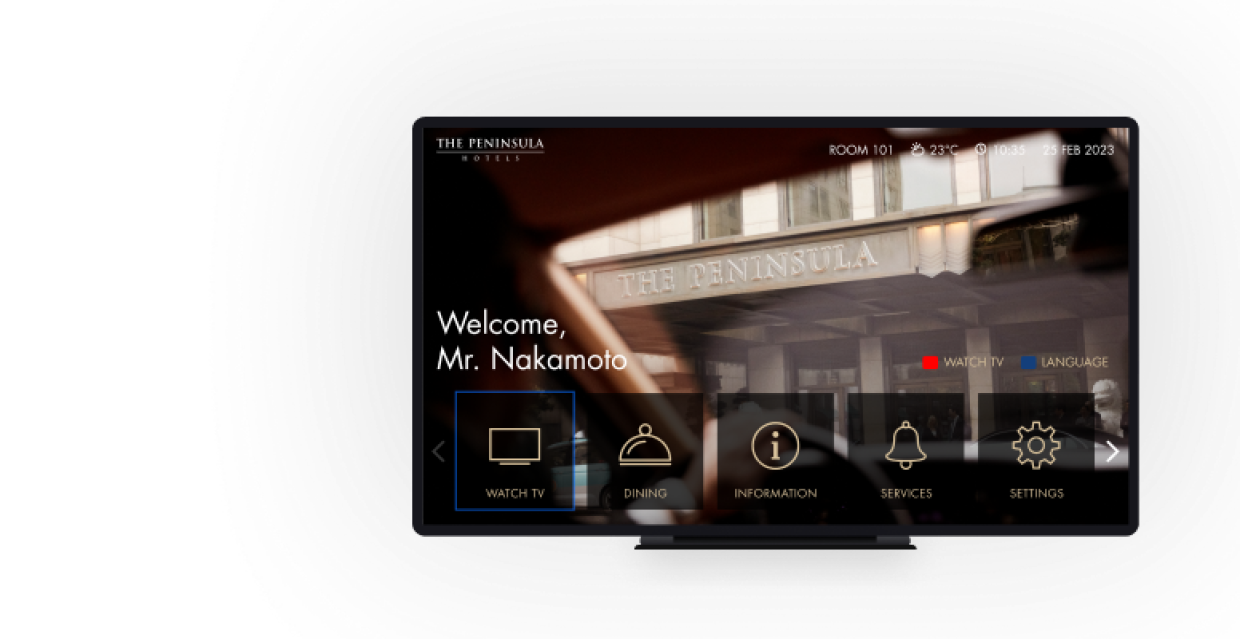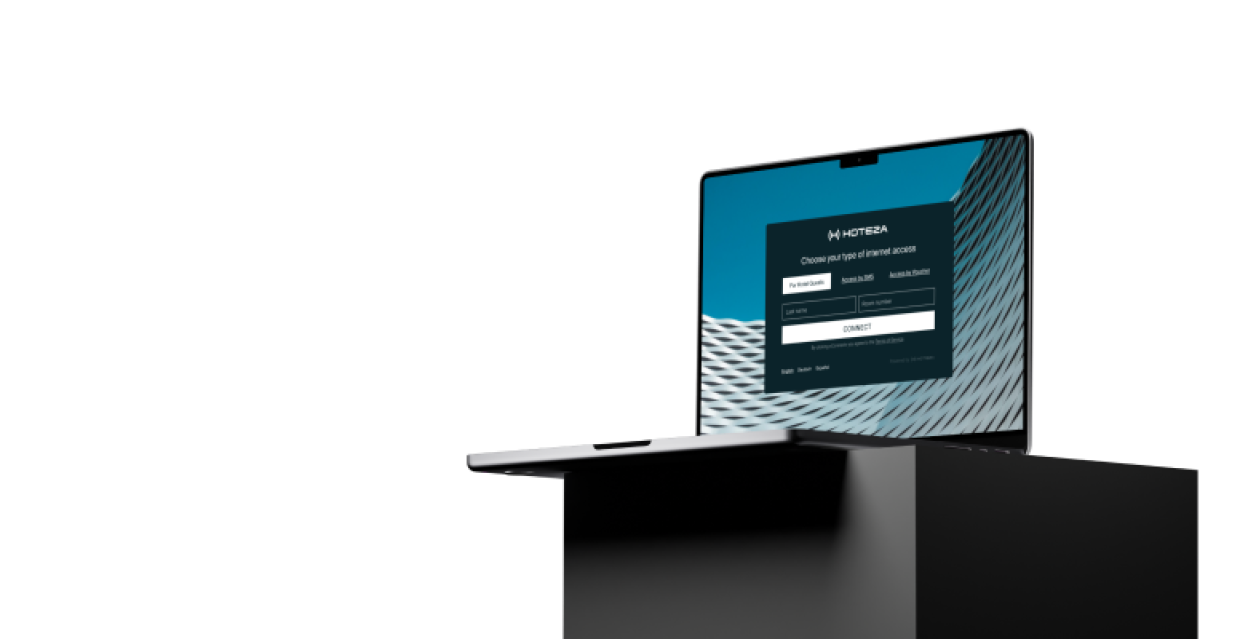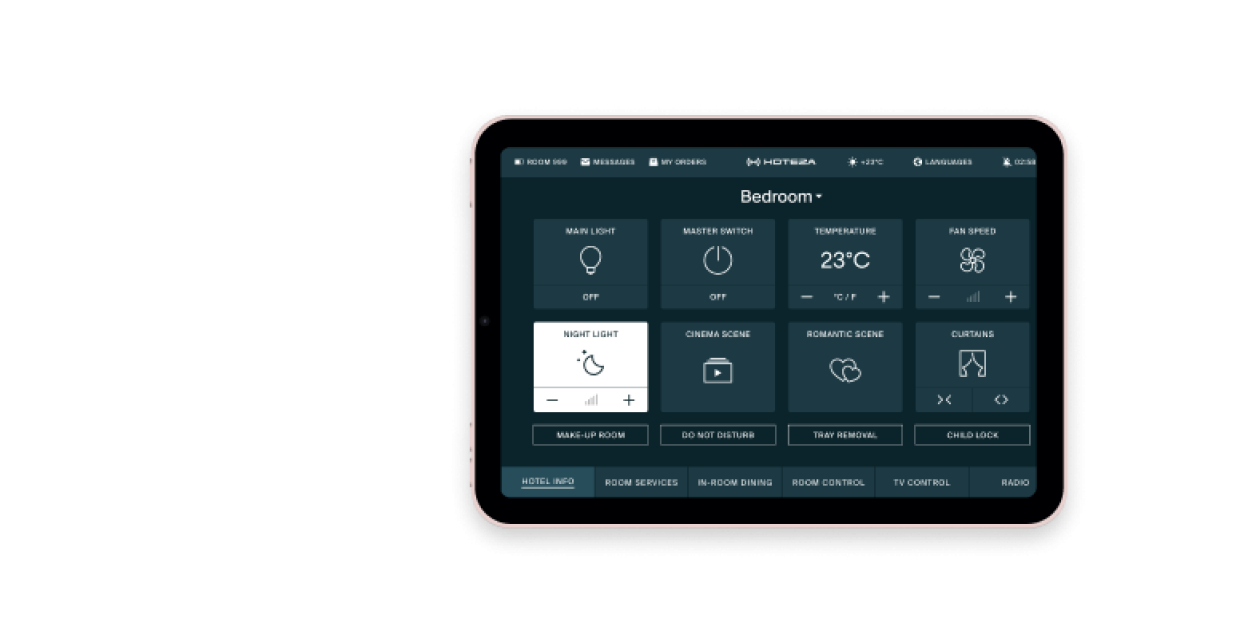07.09.2025
Guide to Hotel Departments and Their Functions
Whether you’re managing for years, just opening your first property, or simply curious about hospitality careers, understanding how departments work is the foundation of success. In this article, we’ll walk through the central hotel departments, explain how each one adds value, and discuss how technology, such as Hoteza, can give operations a modern edge.

Big or small, boutique or resort-style, every hotel relies on departments working in harmony. A property isn’t just one machine; it’s a combination of teams with diverse skills and objectives, all contributing to the guest’s journey. When those teams are aligned, everything clicks: operations run smoother, revenue is healthier, and guests leave happy. Whether you’re managing for years, just opening your first property, or simply curious about hospitality careers, understanding how departments work is the foundation of success.
In this article, we’ll walk through the central hotel departments, explain how each one adds value, and discuss how technology, such as Hoteza, can give operations a modern edge.
Why It’s Worth Knowing How Departments Work
Running Smoothly, Serving Better
A hotel can feel like a bustling little city: arrivals, departures, phones ringing, staff dashing down hallways. Without clarity, it’s chaos. With clear roles, the place runs like clockwork. That pays off in two ways:
Guests are happier. Quick check-ins, tidy rooms, timely service, accurate bills — all rely on teamwork behind the scenes.
Problems get handled. Overbookings, late requests, or sudden repairs don’t spiral out of control when processes are in place.
Helping Teams Work Together
Hotels employ a mix of people — part-timers, specialists, and career professionals. Structure matters. With departments defined:
Hiring and training become easier. Each role comes with clear expectations.
Communication improves. Front Desk and Housekeeping, for instance, coordinate on which rooms are ready, resulting in fewer delays and fewer mistakes.
Culture strengthens. Staff who see their work connect to the bigger picture tend to stay motivated and deliver better service.
Front Office Department
The Front Office is the hotel’s heartbeat. It’s where impressions are made, both first and last. And impressions here directly influence reviews, loyalty, and revenue.
Reception, Concierge, Guest Services
Reception: The central hub — handling check-ins, check-outs, room assignments, billing, and guest questions.
Concierge: In full-service properties, the go-to for restaurant bookings, tour advice, and local insights.
Guest Services: Everything from bellhops and valet to a desk for special requests or service coordination.
Why it matters: Guests tend to remember how they were welcomed — or how they weren’t. Long lines or mix-ups at reception can overshadow even the best stay.
Where Tech Fits In
Digital tools are reshaping this department:
Contactless check-in via kiosks or apps reduces waiting time.
Smartphone keys from platforms like Hoteza mean no more lost keycards.
Automated updates — confirmations, reminders, surveys — lighten the team’s load.
The right tech frees staff to focus on what guests really notice: personal attention.
Housekeeping Department
If the Front Office is the face, Housekeeping is the backbone. Clean, comfortable rooms are the baseline of hospitality. Without them, nothing else matters.
Core Responsibilities
Daily service: Beds made, bathrooms sanitized, trash cleared, surfaces refreshed.
Turn-down service: In higher-end hotels, evening touches include fresh towels, dimmed lights, or small chocolates.
Reporting issues: Often the first to notice leaky faucets or flickering bulbs, Housekeeping keeps Engineering informed.
Behind the Scenes
Linen management: Keeping track of sheets, towels, and laundry cycles prevents shortages and waste.
Special requests: From hypoallergenic pillows to extra blankets, speed matters.
Hygiene standards: Since the pandemic, cleanliness is as much about peace of mind as it is about presentation.
Food & Beverage Department
Food and drink are often central to a guest’s memory of a stay. They’re also a significant source of revenue.
What’s Included
Restaurants: From casual breakfasts to fine dining, shaping the hotel’s culinary identity.
Bars: Whether laid-back lounges or cocktail destinations, they’re spaces to connect.
Room service: A perk many guests rely on, requiring careful timing and quality control.
Adding Value
Events and promos: Holiday buffets, happy hours, or themed nights attract both guests and locals.
Personalized menus: Guest profiles enable chefs to tailor meals to individual preferences and dietary needs.
Digital ordering: Menus displayed on tablets or TVs through systems like Hoteza promote add-ons and simplify the ordering process.
Sales and Marketing Department
Even the most polished hotel can sit empty without visibility. Sales and Marketing fill those rooms.
How They Do It
Promotions: Loyalty programs, seasonal packages, partnerships with local attractions.
Channels: Strong websites, OTAs, social media, plus offline efforts like expos or ads.
Segmentation: Targeting families, corporate groups, or honeymooners with tailored offers.
Impact on Growth
Revenue strategies: Working with Revenue Management to adjust pricing.
Brand identity: Defining and maintaining how the hotel presents itself, online and offline.
Corporate relations: Building ties with businesses that book events and repeat stays.
Accounting & Finance Department
This department keeps the numbers straight and the lights on. Every transaction passes through their hands.
Daily and Strategic Work
Budget planning: Allocating funds across operations, marketing, and upgrades.
Payments: Handling invoices, supplier bills, and guest folios.
Reporting: Regular statements on profit, loss, and cash flow to guide decisions.
Key Metrics to Watch
ADR (Average Daily Rate): What guests pay on average per room.
RevPAR (Revenue per Available Room): Revenue compared to total rooms available.
Occupancy: The percentage of rooms filled over time.
Together, these numbers shape pricing and investment strategies.
Human Resources Department
Hotels succeed through people — receptionists, cleaners, chefs, bartenders. HR makes sure they’re supported, trained, and motivated.
Focus Areas
Recruitment: Finding the right talent via fairs, listings, or recruiters.
Training: Onboarding plus ongoing development keeps standards high.
Performance: Feedback, reviews, and career paths to retain talent.
Culture and Communication
Conflict Resolution: Mediating When Tensions Rise.
Team building: Cross-department workshops and events to strengthen ties.
Engagement: Implementing recognition programs and wellness initiatives to maintain strong morale.
IT and Engineering Department
Guests may never meet them, but these teams keep both tech and infrastructure reliable.
Their Scope
Maintenance: HVAC, elevators, lighting, plumbing — all essential.
Network Security: Protecting Guest Data and Maintaining Dependable Wi-Fi.
Tech support: Fixing PMS glitches or maintaining security systems.
Smart Hotel Tools
Interactive TV (IPTV): Guests can browse, order, and watch directly.
Guest apps: Control bookings, room settings, and chat support from a single location.
Digital signage guides guests through large properties and promotes events in real-time.
Integrated platforms like Hoteza connect these systems, making service smoother and more engaging.
Conclusion
From the Front Office’s smile to Housekeeping’s detail and Marketing’s strategy, every department carries weight in a hotel’s success. Clear understanding and strong collaboration ensure better service, happier staff, and healthier finances.
When Teams Work Together
Front Desk and Housekeeping share updates in real time — guests don’t wait for rooms.
Missteps, such as double bookings or missed requests, drop dramatically.
Staff feel recognized and motivated, which positively impacts service quality.
How Technology Helps
Digital platforms tie it all together:
Shared dashboards keep teams in sync.
Automated alerts reduce delays, such as notifying Housekeeping the moment a room becomes available.
Guest apps and TVs route requests instantly to the correct department.
The result? A hotel that feels seamless for guests and sustainable for staff.











